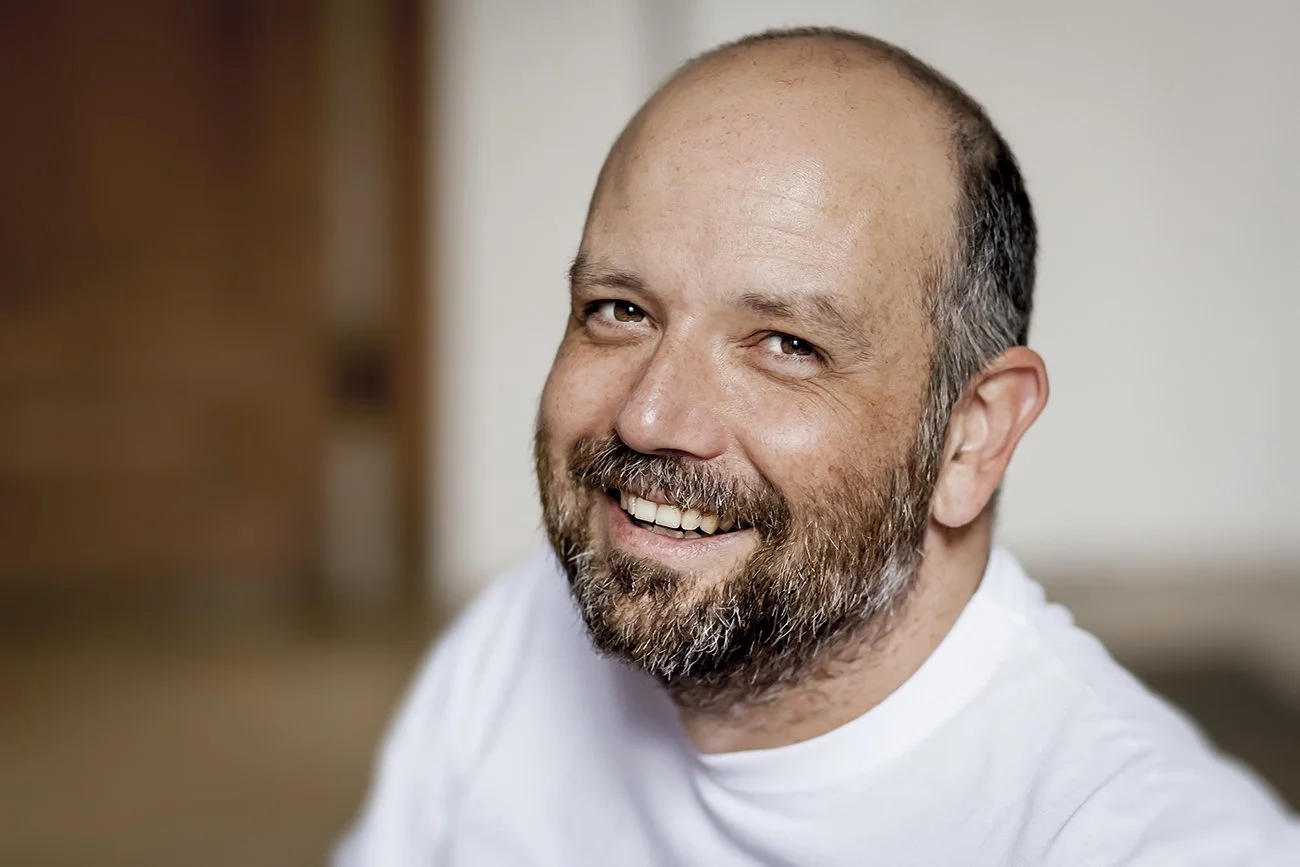Letting go and looking ahead: navigating midlife shifts
There are moments in life when change feels especially big. Kids leave home. Relationships shift. Parents age. Our own health might become more unpredictable. And suddenly, the life we’ve known for decades starts to look and feel different.
These transitions can bring a wave of mixed emotions; relief, sadness, worry, even confusion. You might find yourself reflecting on the past, asking big questions about your future, or wondering where you fit in this next phase.
And while these feelings are common, they’re not always talked about.
Why do life transitions feel so heavy?
When one chapter ends, it often means letting go of routines, relationships, or identities that have shaped us. There’s natural grief that comes with that even if we’re excited about what’s next.
At the same time, many people are juggling complex responsibilities during these shifts. You might be caring for aging parents, adjusting to an empty nest, or managing your own health all while trying to process the emotional weight of change.
It’s no wonder so many people feel exhausted or overwhelmed.
So how do you navigate it all without losing yourself in the process?
Start by giving yourself permission to feel. Change, even good change, can bring sadness, anxiety, or fear. These emotions aren’t signs that there is something wrong. They’re signs that something important is happening.
Consider these strategies to manage changes in your life:
Acknowledge the loss: Whether it’s your role as a full-time parent, your daily connection with someone close, or even your youthful energy, name what’s changing. Grieving these shifts is a healthy part of moving forward.
Reconnect with joy: What makes you feel grounded, creative, or connected? Explore old interests or try something new; a dance class, journaling, gardening, photography. Let this be a time of curiosity.
Rebuild your routine: Create daily structure with simple habits, wake up at the same time, plan regular outings, and find ways to connect with others. Add in physical activity like walking or yoga to boost your mood. Routines provide stability, energy, and a sense of direction during change.
Reach out: You don’t have to go through it alone. Talk to people you trust. Rekindle old friendships. Join community groups or classes. Being seen and heard makes all the difference.
Reimagine your purpose: Your life still has meaning, deep, beautiful meaning. It just may look different now. Whether through caregiving, creativity, spirituality, or service, there are countless ways to feel purposeful in this stage of life.
It’s also worth noting that some transitions bring up deeper, unresolved feelings. Regrets. Disappointments. Self-judgment. If that’s the case, working with a counsellor can help you sort through those emotions and come to a place of peace.
Midlife isn’t just about what you’re letting go of; it’s also about what you’re growing into.
There’s no need to have it all figured out. Be kind to yourself. Give yourself time. And trust that even amidst uncertainty, there’s room to build a life that feels rich, meaningful, and uniquely yours.
Information for this blog was provided by registered social worker, Camille Kim.


